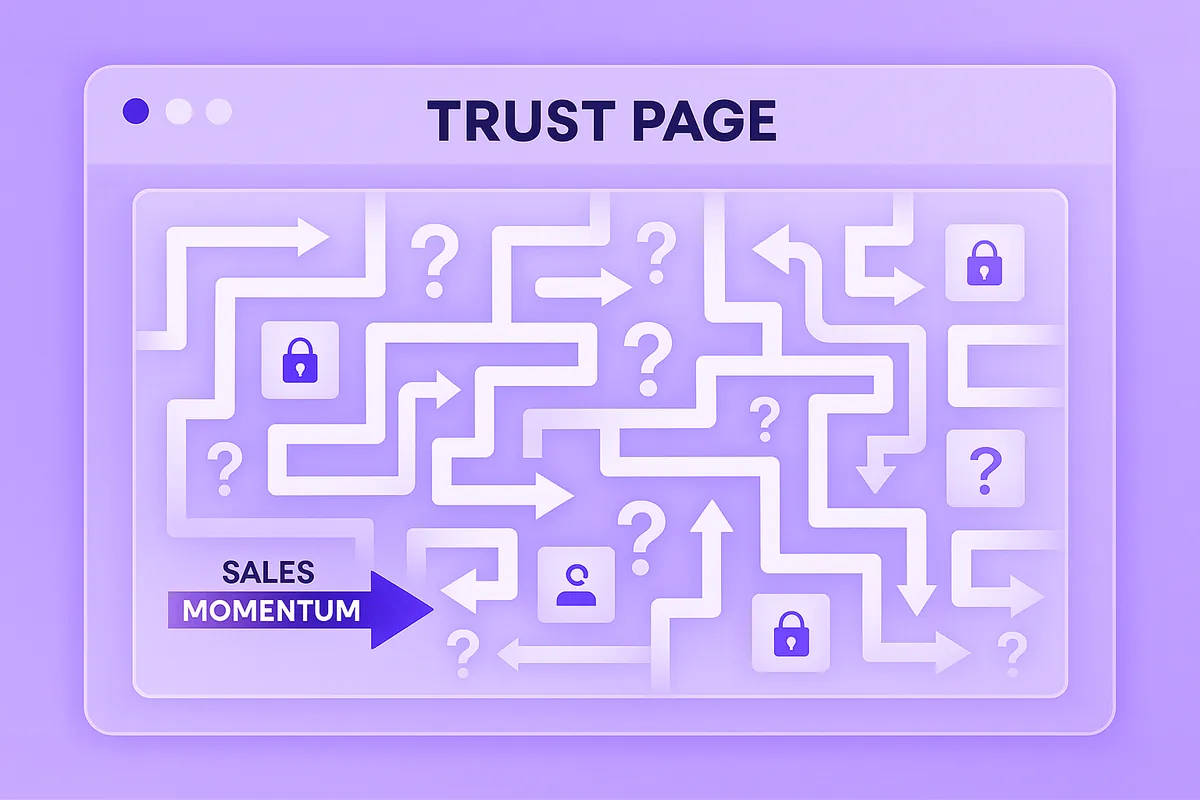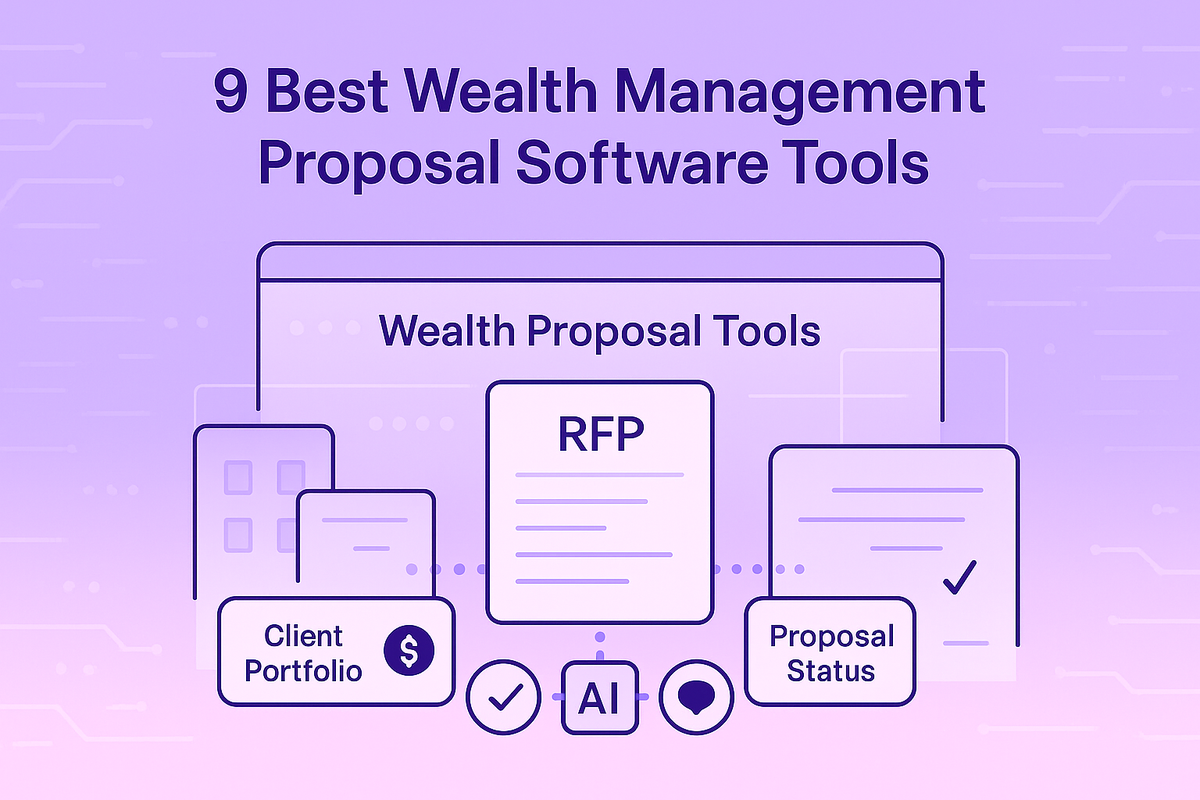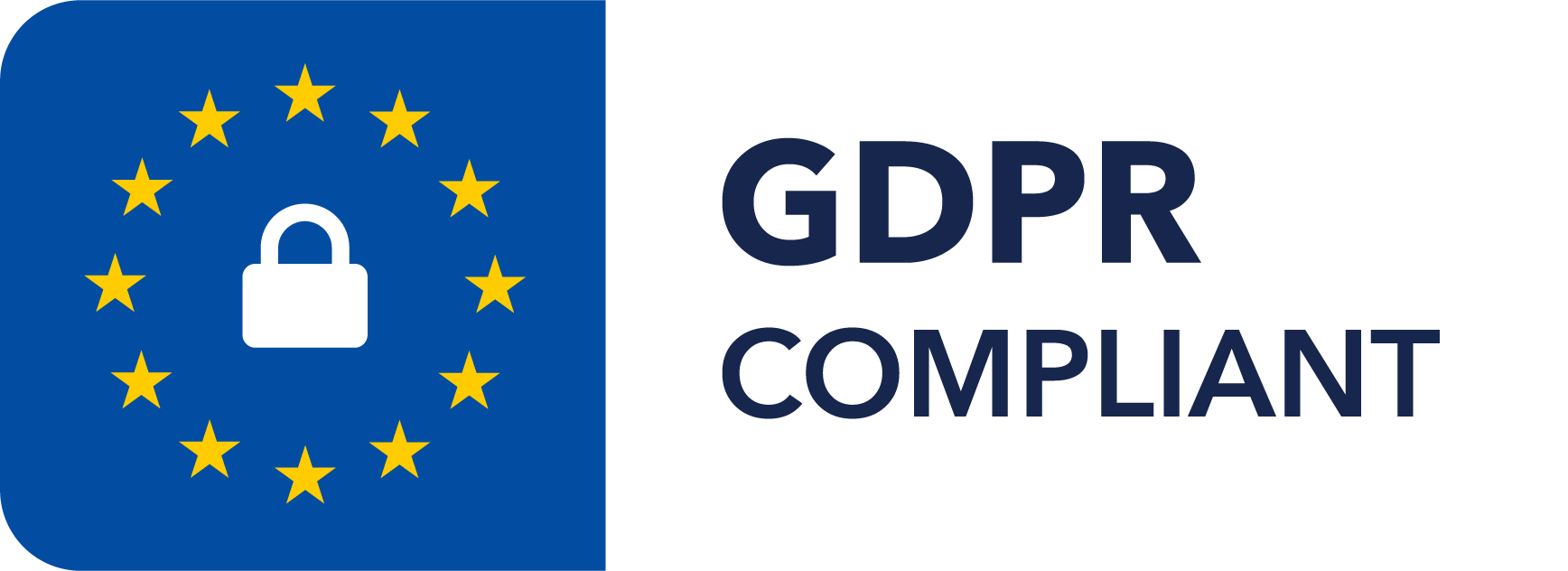The Hidden Hurdles of Trust Pages in Sales Momentum
March 21, 2023
By
Abigail Moyal

Sales Momentum, Deal Velocity, and the Pitfalls of Trust Pages in B2B Sales
In today's fast-paced world of B2B sales, the difference between a closed deal and a missed opportunity often hinges on two crucial elements: sales momentum and deal velocity. But what exactly are these concepts, and why are they so significant in modern sales?
Sales Momentum refers to the quantity and pace of interactions between a salesperson and their customer. A lack in either the frequency of these engagements or their progression rate can lead to a slowdown in revenue generation, consequently affecting the team's momentum. According to Salescode.io, there are three key strategies for maintaining this momentum:
- Ensuring both quantity and quality in sales engagements.
- Establishing clear criteria and actions for each stage of the sales process.
- Deal Velocity … how long it takes to close a deal.
Understanding these concepts underlines the importance of high sales momentum and deal velocity for optimal business performance. Yet, running a successful business involves additional complexities. Take, for instance, the role of stakeholders. For salespeople, the necessity of constant reporting to stakeholders can detract from essential selling activities. Demandgenreport.com highlights that in the security sector, "C-level stakeholders and finance executives prioritize the business impact over product features." Consequently, sales professionals find themselves balancing the primary role of selling the product with the secondary task of involving stakeholders in understanding the business impact of sales. In the realm of security companies, challenges intensify, especially when dealing with certifications like SOC2 and ISO 27001. These are vital for cybersecurity compliance and secure data handling but are often costly and time-consuming to obtain. They typically require security questionnaires and additional steps in the procurement process.
The solution? A trustpage, or so many companies would have you believe…
Trust Page’s are designed to deflect questionnaires and expedite security reviews, ostensibly increasing efficiency through a third-party service.
Sounds great! Why do sales reps not like this method?
Significant challenges arise in maintaining sales momentum via using a trust page. First of all, no one has as much urgency to sign a contract and move forward as your buyer and champion. Giving out homework assignments to your champion colleagues who have no skin in the game, at best, slows down the process, and at worst, sends the message “you’re not a priority.”
The other challenge is that you run a risk of creating distrust between your sales org and the security and/or compliance team: “I brought this deal to the finish line and you’re telling me that you don’t want to fill it out.”
Do you really want to be the reason a deal doesn’t come in on time or at all?
What Is Deal Velocity?
Closely tied to momentum is deal velocity, or the amount of time it takes to close a deal. Deal velocity is a critical performance indicator because it measures how efficiently a business converts opportunities into revenue.
As Sales Assembly explains, sales velocity is not just about speed—it’s about the efficiency of the entire sales process. Faster deal cycles indicate that sellers are delivering the right information at the right time, aligning with stakeholders, and minimizing friction in the buying journey【source】.
Improving deal velocity requires not only efficient processes but also the ability to anticipate and address common bottlenecks, such as lengthy security reviews or procurement delays.
The Stakeholder Factor: Balancing Sales and Reporting
Of course, running a successful B2B sales motion involves far more than keeping momentum and velocity high. One key complexity is the need to involve stakeholders.
For salespeople, constant reporting and justification to stakeholders—especially C-level executives and finance leaders—can take time away from the actual act of selling. According to Demand Gen Report, leaders in the security sector in particular tend to prioritize business impact over product features. That means sellers need to frame solutions in terms of ROI, compliance, and risk reduction rather than just functionality【source】.
This balancing act—selling the product while simultaneously proving its business value—often creates friction that can slow down the cycle and reduce velocity.
Compliance Roadblocks: SOC2, ISO 27001, and Security Reviews
In security-heavy industries, the complexity only increases. Certifications such as SOC 2 and ISO 27001 are critical for demonstrating cybersecurity compliance and ensuring secure data handling. However, obtaining these certifications—and passing the associated security reviews—can be both costly and time-consuming.
Vendors are frequently asked to complete security questionnaires or provide evidence during procurement, adding more steps to an already lengthy process. While necessary, these steps can significantly slow deal cycles, frustrating both sellers and buyers who want to move forward quickly.
The Promise (and Pitfalls) of Trust Pages
Enter the concept of a trust page. Many companies present these as a way to deflect security questionnaires and accelerate reviews by providing standardized documentation through a third-party portal. On paper, this looks like a solution designed to increase efficiency and streamline compliance.
But in practice? Sales reps often find that trust pages hurt more than they help.
Here’s why:
- They assign “homework” to champions. No one has as much urgency to move a deal forward as your buyer or internal champion. Offloading security reviews onto them can slow momentum dramatically. At best, it creates delays. At worst, it signals: “You’re not a priority.”
- They risk creating distrust. Imagine a sales rep who has brought a deal to the finish line, only for their champion to be told: “We don’t want to fill it out.” This can cause frustration, erode trust, and even stall or kill the deal entirely.
- They weaken control over the process. By pushing responsibility outside your team, you lose visibility into timing, progress, and accountability—critical elements for sustaining both deal velocity and momentum.
Why This Matters
When sales cycles slow due to poorly managed compliance processes or reliance on impersonal tools like trust pages, companies face a direct hit to revenue. Every delay compounds, impacting forecasting accuracy, sales team morale, and customer satisfaction.
For sales organizations in security and compliance-heavy industries, the challenge is clear: maintain momentum, accelerate deal velocity, and build trust—all without overburdening buyers or slowing the process with unnecessary detours.
The solution lies in enabling sales teams with secure, in-house tools that centralize compliance knowledge, automate repetitive tasks like questionnaire responses, and allow sellers to keep control of the buying process. That way, sales professionals can focus on what they do best: building relationships and closing deals.
Conclusion
In the world of B2B sales, momentum and velocity are not buzzwords—they are the lifeblood of revenue generation. Companies that understand the importance of maintaining engagement, speeding up deal cycles, and managing compliance efficiently are the ones that consistently win business.
While trust pages promise to simplify security reviews, they often have the opposite effect, slowing down champions and introducing risk into the process. For organizations seeking sustainable growth, the path forward is clear: prioritize tools and strategies that empower sales teams to maintain momentum, shorten deal cycles, and keep trust intact.
Sources
Dan Sixsmith, M. (2023, May 26). Value selling generates sales momentum in an economic downturn. Demand Gen Report. https://www.demandgenreport.com/features/demanding-views/value-selling-generates-sales-momentum-in-an-economic-downturn
Rosen, B. (2023, July 18). Sales velocity: Meaningful ways to interpret it. Sales Assembly. https://www.salesassembly.com/blog/playbooks/sales-velocity/#:~:text=Velocity%20is%20the%20speed%20at,deals%20from%20opportunity%20to%20close.
Salescode. (2020, September 3). 3 essentials of sales momentum. https://salescode.io/. https://salescode.io/en/blog/three-essentials-of-sales-momentum
Share this post
Link copied!




















